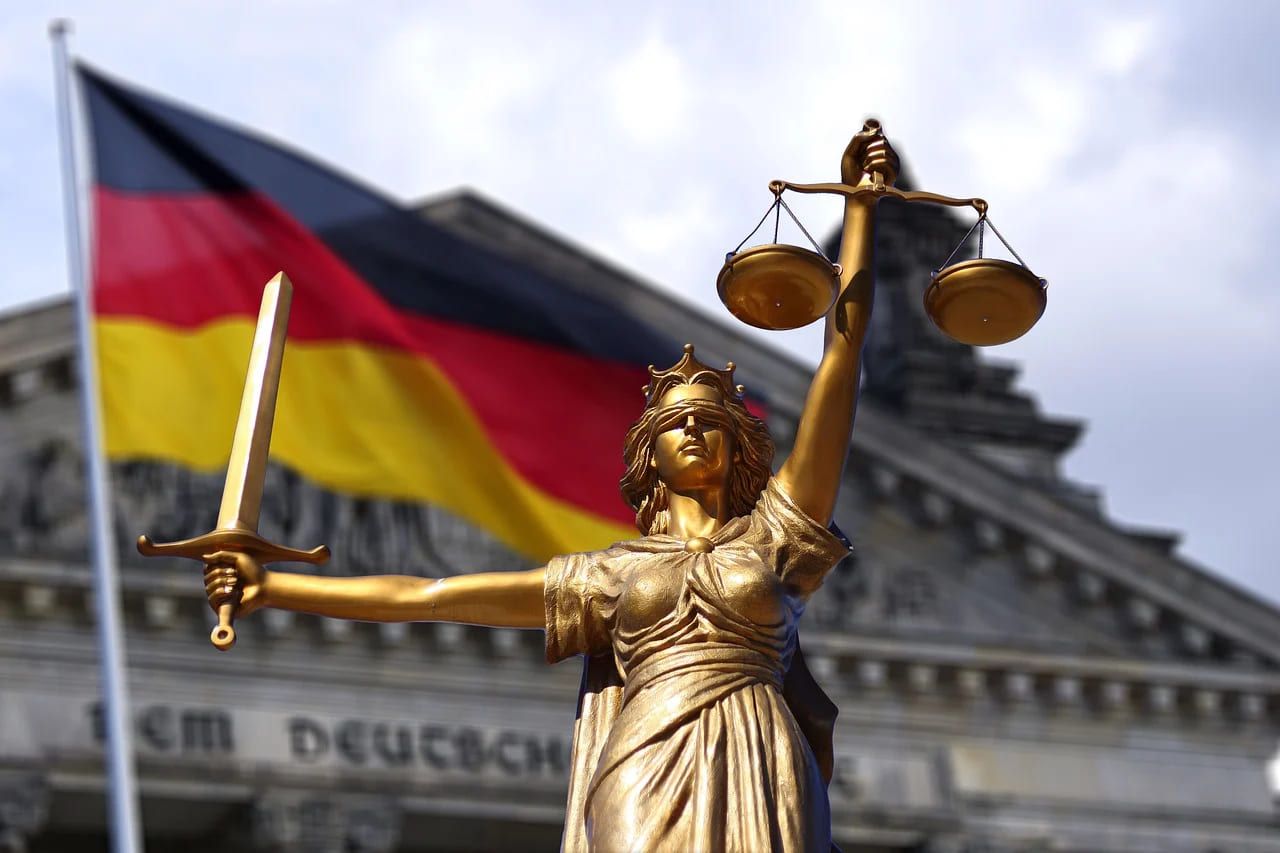Moving to Germany | Differences between the legal system in Germany and Poland?

The legal systems of Germany and Poland have their roots in the tradition of continental law, but some differences have developed over the years due to history, culture and other factors. Here are some key differences between the German and Polish legal systems.
Constitution
- Germany: the German Constitution, known as the Grundgesetz (Basic Law), was enacted in 1949 and has been amended several times since then.
- Poland: the Polish Constitution was enacted in 1997, although Poland has had several earlier versions of the Constitution in its history.
Federal and unitary systems
- Germany: Germany is a federation consisting of 16 states (Bundesländer). Each state has its own constitution, parliament and government and some legislative powers.
- Poland: Poland is a unitary state, which means that it does not have a similar division into regions with their own legislative competences.
Judicial system
- Germany: The German judicial system is hierarchical with various specialised courts such as labour courts, social courts or administrative courts.
- Poland: In Poland there is also a hierarchy of courts, but the structure is slightly different. It includes district, county and appeal courts as well as specialised courts such as the Supreme Court and the Constitutional Court.
Codes
- Germany: German law is based on various codes, including the Bürgerliches Gesetzbuch (BGB) on civil law.
- Poland: The Polish legal system is also based on codes, such as the Civil Code or the Criminal Code. Although both countries have codes, their content and structure may differ.
Administrative law
- Germany: German administrative law is widely developed and includes many specialised regulations on various aspects of public administration.
- Poland: Administrative law in Poland is also extensive, but differences in regulation and approach may result from different administrative and historical traditions.
Labour law
- Germany: German labour law is known for its strong protection of employees and an extensive system of employee co-determination.
- Poland: Polish labour law also provides protection for employees, but some mechanisms, such as employee co-determination, are less extensive than in Germany.
Company law
- Germany: German company law is quite complex, with different legal forms available to entrepreneurs, such as GmbH (limited liability company) or AG (joint stock company). There is also a strong tradition of co-determination, where in some companies employees have the right to representation on supervisory boards.
- Poland: Polish company law also offers various legal forms for entrepreneurs, including a limited liability company or a joint stock company. Although some mechanisms for employee participation exist, they are not as extensive as in Germany.
Family law
- Germany: German family law, as in Poland, covers issues of marriage, divorce, child custody and maintenance. Germany has undergone some liberalisation in recent years, e.g. with regard to same-sex marriage.
- Poland: Polish family law is conservative compared to many western countries. Same-sex marriages are not currently legal in Poland.
Human rights
- Germany: Germany has a strong tradition of protecting human rights, both internally and as part of the European Union. The Grundgesetz guarantees many basic rights.
- Poland: Poland also protects human rights through its Constitution and its membership of the EU and the Council of Europe. However, in recent years there have been some tensions over issues of the rule of law and the independence of the judiciary.
Real estate law
- Germany: In Germany, real estate law is precisely regulated, with precise procedures for the acquisition, sale or lease of real estate.
- Poland: Polish real estate law, although similar in many aspects, has its own unique nuances, often stemming from the country’s history, including reprivatisation issues.
Legal education system
- Germany: German lawyers have to go through a complex education system that includes both a law degree and an apprenticeship, as well as two state legal examinations.
- Poland: The Polish legal education system differs from the German one. After graduating from law school, candidates undergo an apprenticeship (e.g. judge, barrister, solicitor) and pass a final exam.
Moving to Germany
The two legal systems, although sharing much in common in the tradition of continental law, are characterised by different traditions, practices and interpretations. These differences often stem from the unique history, culture and socio-political values of each country. This is just a general overview of the differences between the legal systems of Germany and Poland. If you are considering a move to Germany and want to learn more about the differences, it is worth consulting an expert in the relevant area of law.
